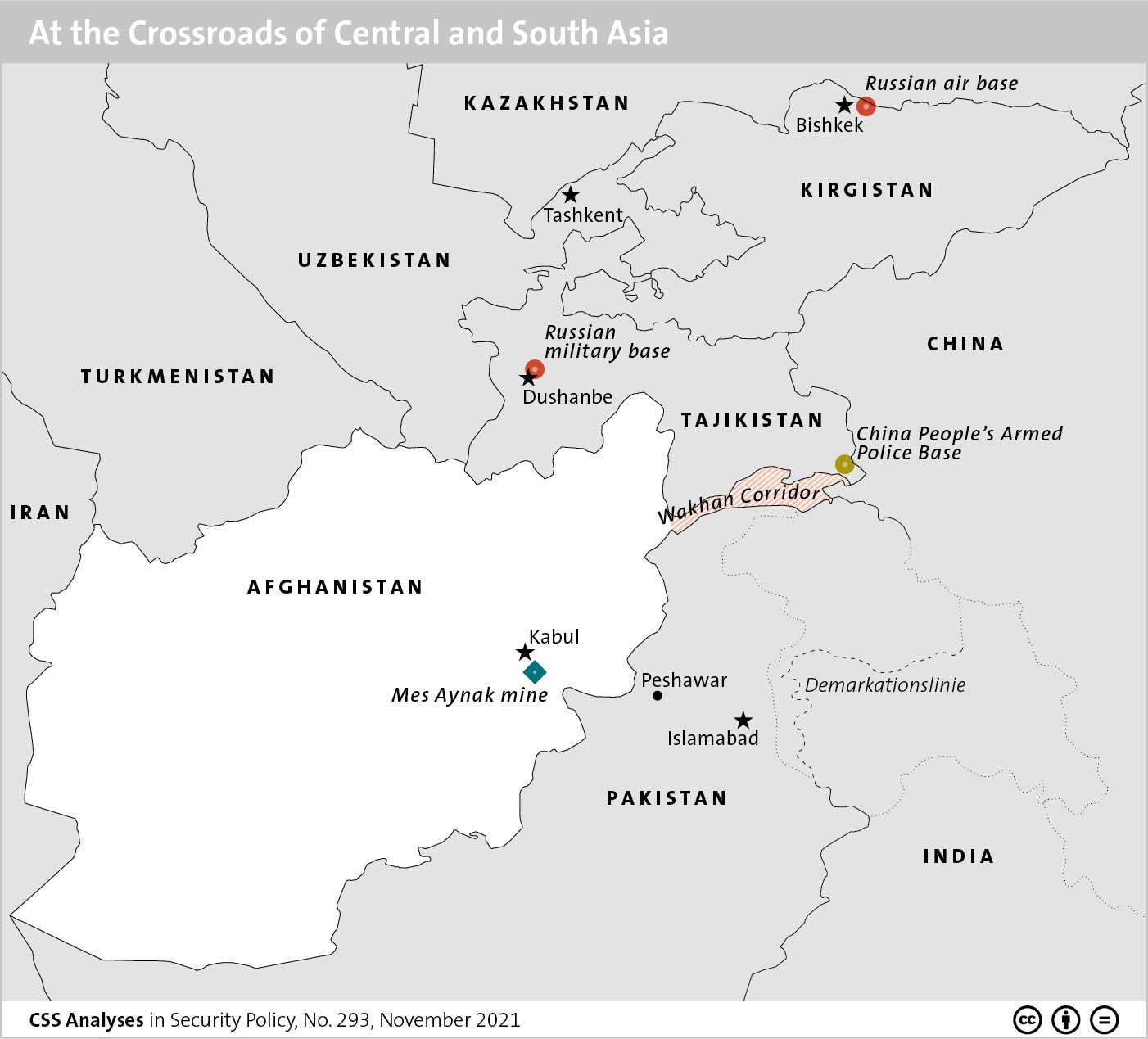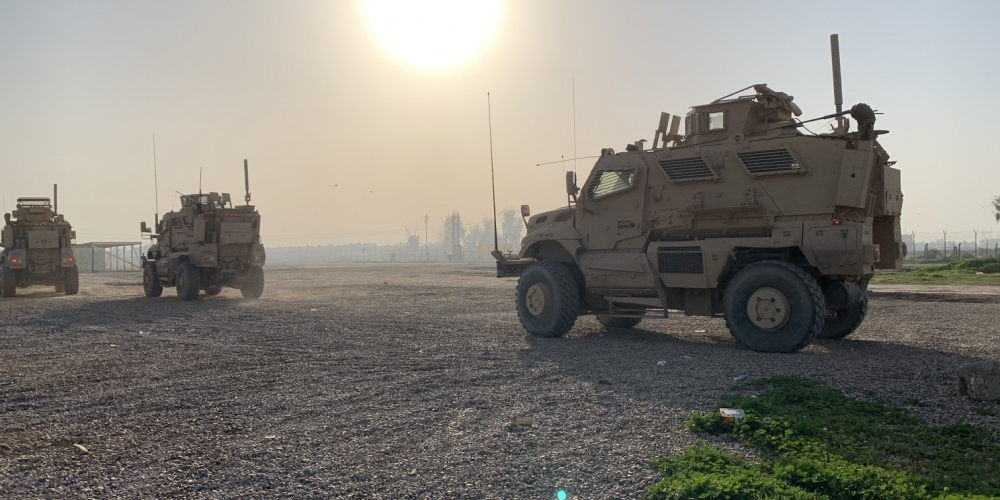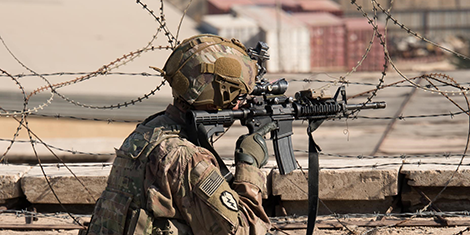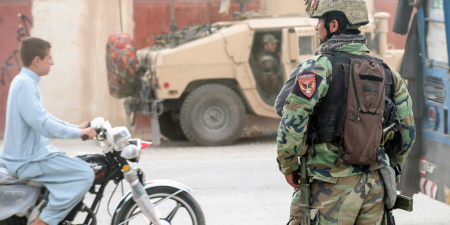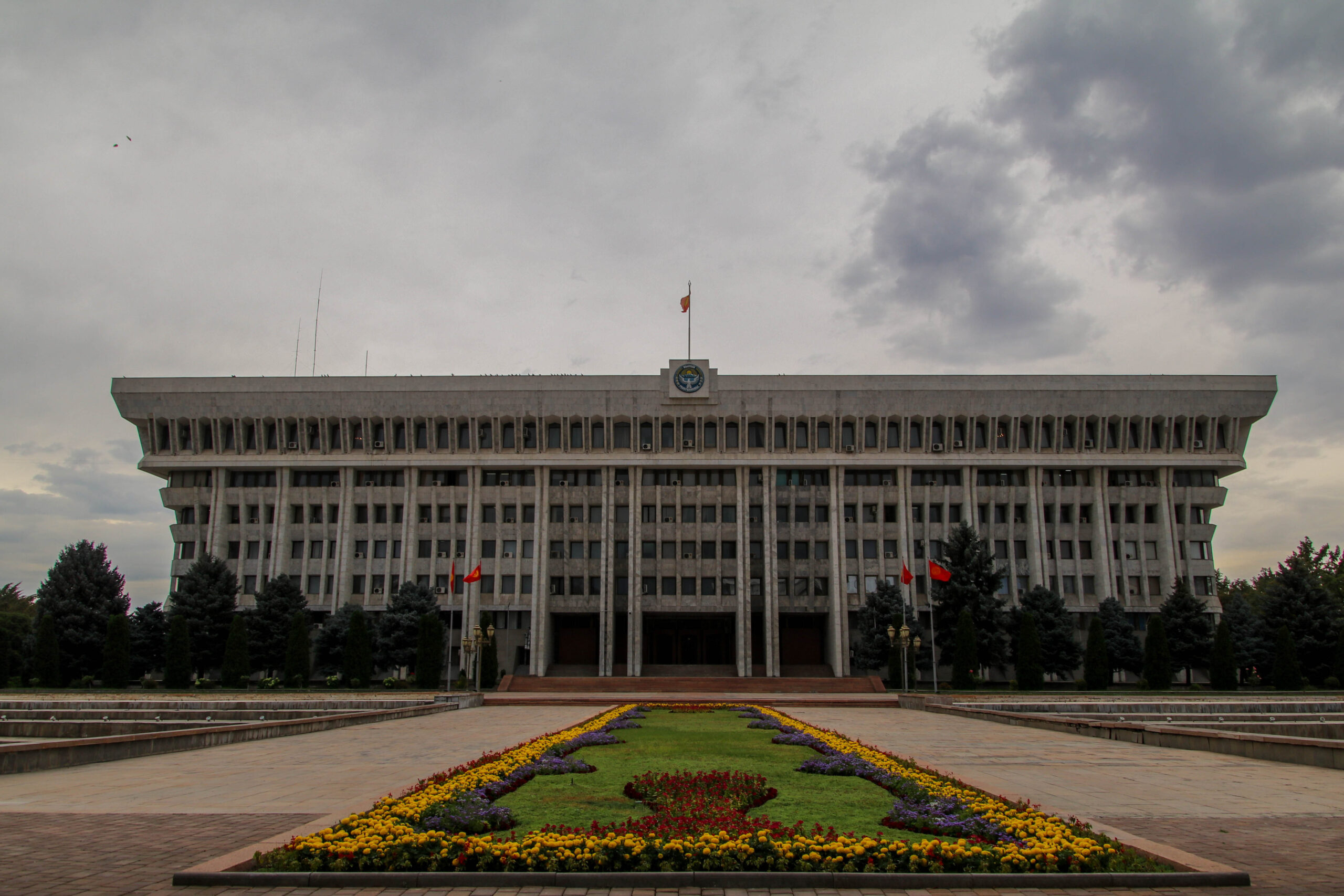
Once considered an island of democracy in Central Asia, Kyrgyzstan – here its presidential office, the White House – hosted the last Central Asia summit in July 2022. (Source: Chatrina Schumacher, July 2022)
Russia’s predominant role in Central Asia is set to decline following its war in Ukraine. This creates both an urgency as well as an opportunity for the Central Asian states to diversify their external ties. Many potential partners seem keen to fill some of the void, but their actual engagement remains limited. The region’s relative stability has priority, which favors the ruling elites’ authoritarianism. Conversely, this may foster instability in the long run.

